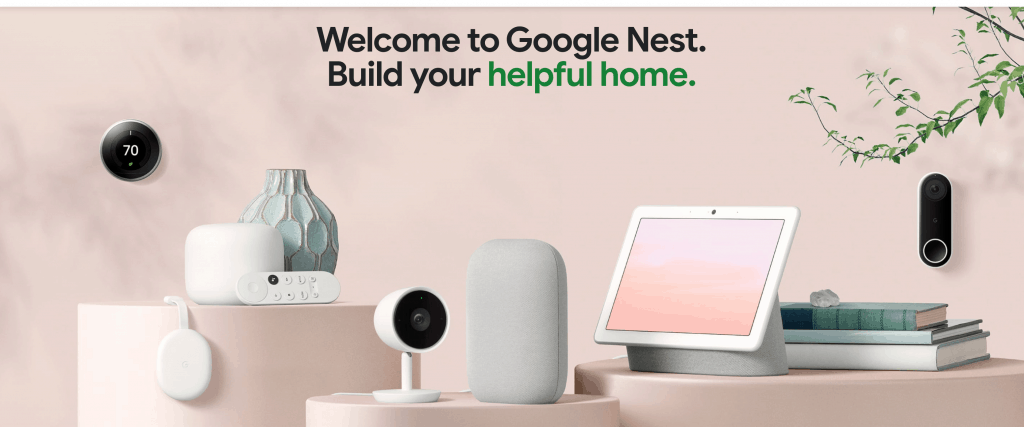In an effort to make its Nest smart home devices more secure, Google has updated its privacy commitments and introduced new security standards.
Nest is Google’s suite of smart home devices, ranging from a thermostat to a doorbell.
Nest has adopted new security practices that include adopting long-standing industry standards and implementing new updates for its connected home devices, including automatic bug fixes.
Google will start enforcing the security standards for Nest devices that are sold since 2019. These will include the Secure Things Alliance (ioXt) standards.
The company will also perform validation of where its devices stand in terms of those standards and will publish test results on its website.
Nest has joined the Google vulnerability rewards program, which is focused on finding and reporting security flaws.
Google has also committed to automatic bug and security fix support for a minimum of 5 years for critical issues known to Google Nest.
Google will soon add Nest devices to its device activity page, which will give users the ability to identify which devices are connected to their accounts.
In terms of privacy, Google has updated its commitments too. The company noted that it is committed to being open and transparent in its operations.
Nest product manager Ryan Campbell said in a blog post:
Two years ago Nest shared our commitments to privacy to give you a better understanding of how our products work in your home. Today, we’re publishing new security commitments and putting it all in one place: Nest’s new Safety Center.
The Safety Center is meant to give you a clear picture of the work we do each day to build trustworthy products and create a safer and more helpful home.
Finally, we want to acknowledge the way this technology is evolving — for example, our recent announcements on Matter and our work on Project Connected Home over IP ).
Google’s latest security updates for the Nest product family build on the company’s efforts to improve the security posture of its devices.
Prior to these changes, in February 2020, Google introduced two-factor authentication to Nest devices. This was followed by reCAPTCHA Enterprise’s integration with Nest accounts.







